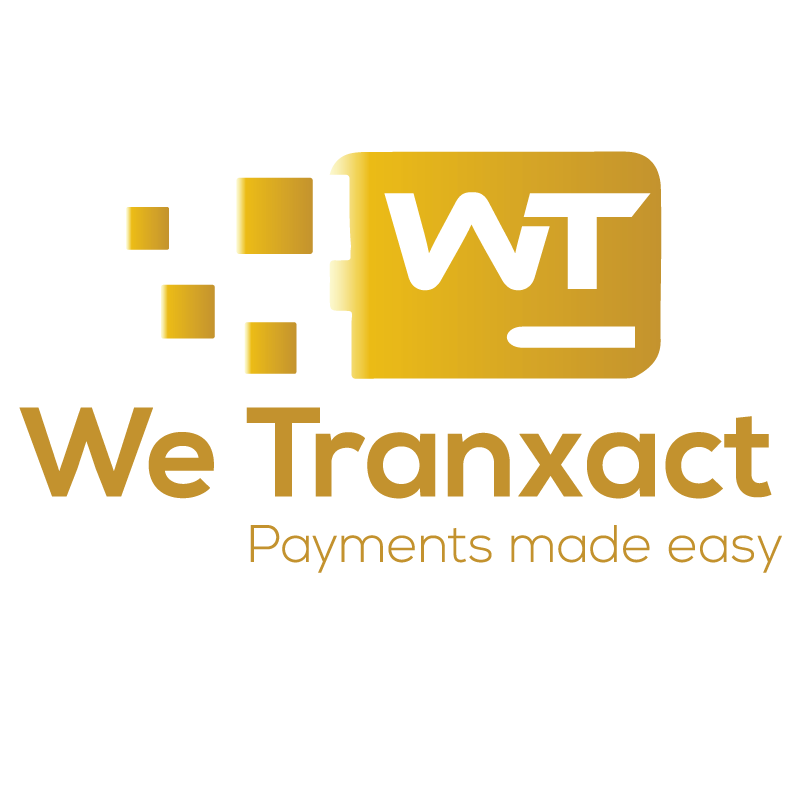Understanding Compliance Requirements for Cross-Border Transactions
So you’ve mastered the art of e-commerce, successfully navigating the complexities of online transactions with ease. But what happens when you take your business cross-border? Suddenly, a whole new set of compliance requirements comes into play. In this article, we’ll break down everything you need to know about navigating the often murky waters of compliance for cross-border transactions. Grab your passport, because we’re about to embark on a journey through the world of international e-commerce regulations.
Understanding Cross-Border Transactions Compliance
When it comes to conducting cross-border transactions, it’s essential to understand the compliance requirements involved. Navigating the complexities of international trade laws and regulations can be challenging, but with the right knowledge and strategies in place, businesses can ensure they remain compliant and avoid potentially costly penalties.
One key aspect of compliance for cross-border transactions is staying up-to-date with the latest regulations in both the country of origin and the destination country. This can involve understanding trade restrictions, import/export laws, tax implications, and more. Additionally, implementing robust due diligence processes, maintaining accurate records, and working with experienced legal and compliance professionals can help businesses mitigate risks and ensure smooth transactions across borders.
Necessary Documentation for International Money Transfers
When sending money internationally, it’s essential to have the right documentation in place to ensure smooth transactions. Here are the key documents you may need:
Identification:
- Passport
- Driver’s License
- Government-issued ID
Proof of Address:
- Utility bill
- Bank statement
- Lease agreement
Key Considerations for Anti-Money Laundering Regulations
When it comes to complying with anti-money laundering regulations for cross-border transactions, there are several key considerations that businesses must keep in mind. One important factor to consider is the need to conduct thorough due diligence on all parties involved in the transaction. This includes verifying the identity of customers, understanding the source of funds, and assessing the level of risk associated with the transaction.
Additionally, businesses must ensure that they have robust internal controls in place to detect and prevent money laundering activities. This may include implementing transaction monitoring systems, conducting regular audits, and providing ongoing training to staff members. By staying vigilant and adhering to these key considerations, businesses can help protect themselves from potential legal and financial consequences associated with money laundering.
Best Practices for Ensuring Compliance with Foreign Trade Laws
International trade can be a complex and challenging process, especially when it comes to compliance with foreign trade laws. To ensure that your cross-border transactions are conducted smoothly and legally, it’s important to follow best practices that will help you stay on the right side of the law.
Some key best practices for ensuring compliance with foreign trade laws include conducting due diligence on your trading partners, ensuring accurate and complete documentation for all transactions, staying up to date on changes in trade regulations, and seeking legal advice when needed. By following these practices, you can minimize the risk of running afoul of foreign trade laws and ensure that your international business dealings are conducted in a legal and ethical manner.
Wrapping Up
And there you have it, folks! Navigating the complex world of compliance requirements for cross-border transactions may seem daunting at first, but with a little bit of understanding and the right resources at your disposal, you’ll be well-equipped to tackle any regulatory challenges that come your way. Remember, compliance doesn’t have to be a barrier to success – it can actually be a valuable tool for building trust and credibility with your partners and stakeholders. So don’t be afraid to delve deeper into the world of cross-border transactions and uncover the hidden opportunities waiting for you. Happy trading!






